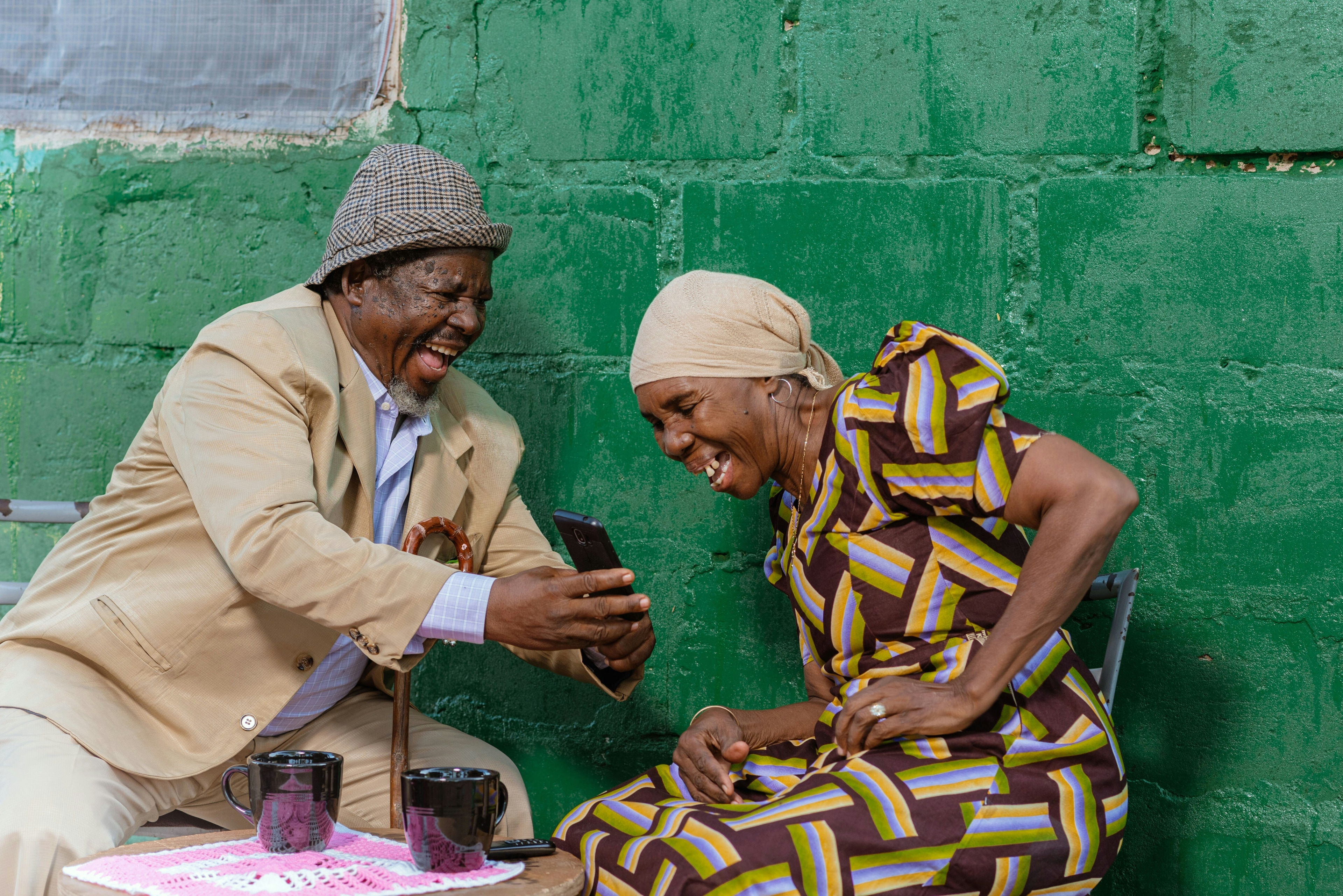Social media can help young people reclaim their human rights. ASEAN governments should embrace this

Governments must stop silencing young activists and instead work with them to respond to human rights issues. Image: REUTERS/Cheryl Ravelo
Youth activists across the world today are using social media platforms to mobilize and open up the civic space and reclaim their freedoms. There are 630 million people in the ASEAN region – and more than half of these are under the age of 30. A staggeringly high 90% of 15–24-year-olds are classed as ‘digital natives’ (meaning they have at least five years’ experience of being online and using the internet). For young activists, social media platforms can be used as a way to campaign for human rights.
While the power of new platforms is well-known, what is less-recognized are some of the potentially harmful consequences of engaging in these spaces: surveillance, censorship, intimidation, harassments and attacks. It is frightening to think that the digital space – which holds so many opportunities for communication and collaboration – can also be a space for increased repression and intolerance. For many governments in the region, social media spaces represent a threat to their control over information.

For example, in Thailand the government moved to shut down debate ahead of a referendum on a draft constitution. In one case, around a dozen university students commenting on the proposed constitution on Facebook were detained or charged, and faced up to 10 years’ imprisonment under a draconian new government order. In Malaysia, the government continues to enforce restrictive laws such as the Sedition Act and the Communications and Multimedia Act to silence government critics including student activists. In one case, Muhammad Amirul Zakwan, then only 19 years old, was sentenced to two years in reform school in 2016 for comments made on Facebook. At least three other young people were either charged, detained or investigated for social media posts for making similar comments.
In Singapore, the authorities continue to harass and prosecute bloggers and dissidents. 17 year-old blogger Amos Yee was sentenced to six weeks jail and a fine for posts in September 2016 for allegedly “wounding the religious feelings of others”. He has since fled to the United States, where he has been granted asylum.
In Vietnam the authorities continue to use vaguely worded legislation to convict peaceful activists under national security laws. Human rights defenders face threats and attacks online and in the civic space. Nguyễn Văn Hóa, a 22 year old blogger, was arrested in January 2017. He was helping fishermen affected by the Formosa ecological disaster that began in April 2016, in which as many as 270,000 people, including fishermen, have seen their livelihoods and communities devastated by the deaths of millions of fish. He is being detained under Article 258 of the 1999 Penal Code for “abusing democratic freedoms to infringe upon the interests of the State and the rights and legitimate interests of organizations and citizens", a provision commonly used against peaceful activists. If convicted under Article 258 he faces a possible sentence of up to seven years’ imprisonment.
Youth activists should not be perceived as part of the problem but should be part of the solution. ASEAN governments must stop restricting or silencing young activists and instead work with them to enhance an inclusive policy-making process and respond to human rights issues. The key question is how? Here are a few suggestions as a good starting point:
● Young people at the decision making table: Governments must start engaging with young people in their countries as well as at the regional level through the ASEAN youth forums to enhance participation of youth activists within ASEAN decision and policymaking;
● Solidarity through connectivity: Create and support regional solidarity networks using digital technology and unprecedented connectivity among young people in the region. This can be focussed on young people taking action in defence of their rights and freedoms and those of others against the backdrop of the shrinking civic space in the region;
● Online/digital activism: Ensure support from different sectors in building regional and national ICT infrastructure to create a safe and enabled space for young people to meaningfully advocate for human rights and freedoms.
While this, of course, won’t solve all the region’s problems, it will show a real commitment to ensuring freedom of expression online is protected and promoted. Let’s make the most of the ideas, vision and dreams of these ‘digital natives’ and ensure that young people have a voice with which to express themselves and help to build a better world.
Don't miss any update on this topic
Create a free account and access your personalized content collection with our latest publications and analyses.
License and Republishing
World Economic Forum articles may be republished in accordance with the Creative Commons Attribution-NonCommercial-NoDerivatives 4.0 International Public License, and in accordance with our Terms of Use.
The views expressed in this article are those of the author alone and not the World Economic Forum.
Stay up to date:
The Digital Economy
Related topics:
Forum Stories newsletter
Bringing you weekly curated insights and analysis on the global issues that matter.






